A look at DeJoy’s Postal Service legacy after quick departure
Louis DeJoy is out as U.S. postmaster general. His legacy is mixed, but he is credited with putting the Postal Service on a stronger financial footing. The post A look at DeJoy’s Postal Service legacy after quick departure appeared first on FreightWaves.

Louis DeJoy’s effort to turnaround the U.S. Postal Service’s financial fortunes was made more difficult by a host of entrenched interests, but he threaded the political needle in a way that gained grudging respect from stakeholders who often opposed his reforms.
A day after Louis DeJoy’s abrupt exit as postmaster general, postal union leaders on Tuesday credited him with initiating a long overdue modernization effort rather than enabling ideas now contemplated by the Trump administration to privatize the U.S. Postal Service.
His departure creates a major leadership vacuum at a time when the Postal Service is facing declining mail volumes and mounting pressure to maintain universal service and its status as an independent agency.
DeJoy was appointed nearly five years ago with the help of President Donald Trump and a mandate to fix a broken business model bleeding billions of dollars per year, mostly due to structural handicaps imposed by Congress and the Postal Regulatory Commission. He frequently battled with those institutions for flexibility to implement changes. Now, some suspect, Trump pushed DeJoy to leave because he wasn’t supportive enough of draft plans to merge the Postal Service into the Commerce Department, dismiss the board of governors or sell the agency to investors.
DeJoy’s tenure was turbulent by most accounts, largely owing to the complex transformation he initiated in 2021. Since then, the Postal Service has rationalized air and surface transportation, redesigned package sorting and logistics processes, and upgraded the delivery fleet, and it plans next month to slow slow service in remote areas to improve overall efficiency. He also established policies to grow the parcel business and advocated raising rates on stamps and packages. Critics said higher prices contributed to the decline in mail volume, but other observers say the correction was necessary after years of undercharging for products and services.
DeJoy made difficult choices to reduce the agency’s operating deficit, such as eliminating overnight service for first-class letters between major metro areas and eventually instituting two-day delivery by greater utilization of long-haul trucking. He also eliminated a layer of upper management and consolidated regional headquarters.
The agency recently achieved its first quarterly profit since the height of the COVID crisis, but it’s possible the improvement came from a huge injection of political mail during last year’s election.
The former postmaster general’s effort to consolidate processing centers didn’t always work out. Mail service in Atlanta, for example, drastically deteriorated after the U.S. Postal Service combined a processing and distribution center into a single supercenter, which led to backlogs of trucks and other delays because of labor and infrastructure constraints.
Large e-commerce shippers like Amazon didn’t like DeJoy’s move to insource more package volumes and compete with commercial parcel carriers rather than simply serving as a dropoff for their last-mile delivery needs.
Labor and management sometimes disagreed on how to implement
DeJoy’s Delivering for America strategy but were usually able to work out differences constructively, union leaders said during a panel
discussion Tuesday livestreamed from the National Press Club in Washington.
“We were able to resolve some very difficult issues,” such as putting new hires on a career path rather than treating them separately under a two-tier wage scale, said Mark Dimondstein, president of the American Postal Workers Union. “Whatever people thought about Louis DeJoy, he did not prove to be a privatizer.”
Brian Renfroe, president of the National Association of Letter Carriers, said turning around an organization the size of the Postal Service, with 640,000 employees, is a tall order, but the momentum DeJoy created must be maintained to adjust infrastructure for a different mail mix centered on packages rather than letters.
One expert, who spoke on condition of anonymity so as not to jeopardize a business relationship with the Postal Service, said DeJoy’s freedom to act was severely limited by regulators, Congress and restrictive labor contracts. Unions opposed moving from six-day- to five-day-per-week delivery because it would cost thousands of letter carrier jobs even though there isn’t enough mail on Saturdays to justify the extra shift. Meanwhile, direct mailers fought to keep shipping prices as low as possible.
Kevin Yoder, the executive director of Keep US Posted, a non-profit organization representing greeting card companies and mass mailers, told media outlet Axios he was glad to see DeJoy go because his rate hikes and service delays hurt businesses and consumers
DeJoy also was praised for pressing Congress in 2022 to get rid of the obligation to pre-fund from revenues the health benefit costs of retirees. Instead, the Postal Service now pays premium payments when they are due.
The agency’s board of governors named Deputy Postmaster General Daniel Tulino to replace DeJoy on an interim basis while it searches for a permanent leader. Tulino for years has been the Postal Service’s top negotiator in collective bargaining with unions.
The union chiefs said they expect the board of governors to look for someone who will continue DeJoy’s modernization vision.
Click here for more FreightWaves/American Shipper stories by Eric Kulisch.
RELATED READING:
US ranks low among international postal services on financial flexibility
Postal Service weighs serving as logistics partner for federal agencies
Postal Service to adjust delivery standards for network efficiency
The post A look at DeJoy’s Postal Service legacy after quick departure appeared first on FreightWaves.









































































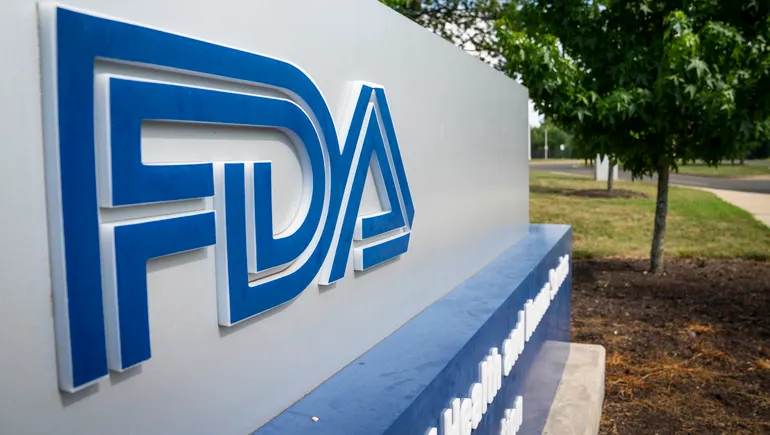

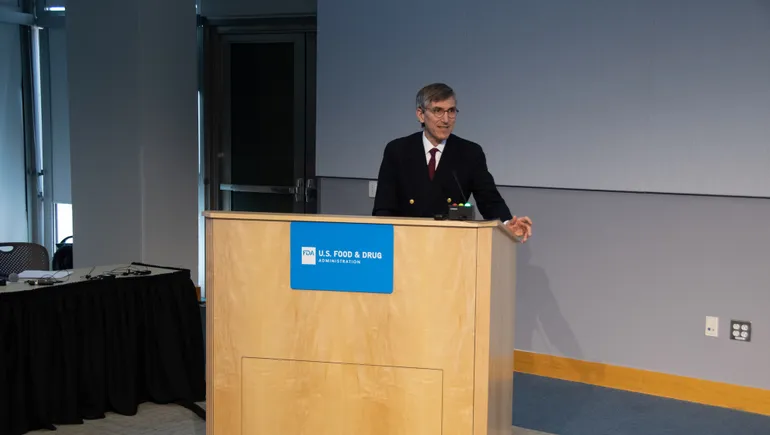













































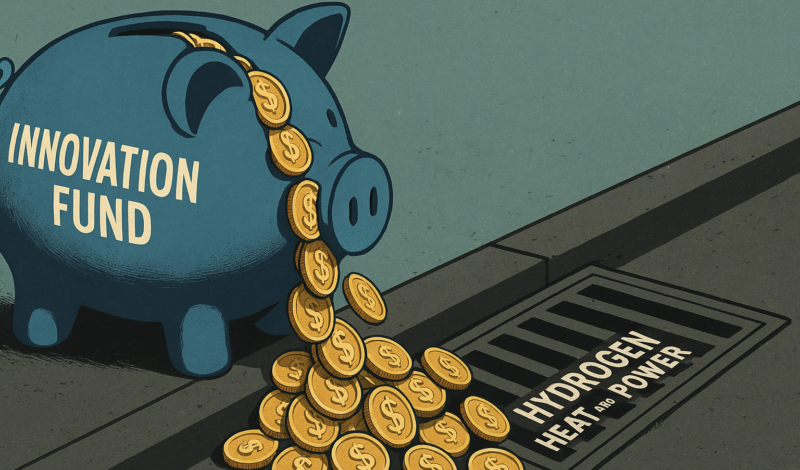










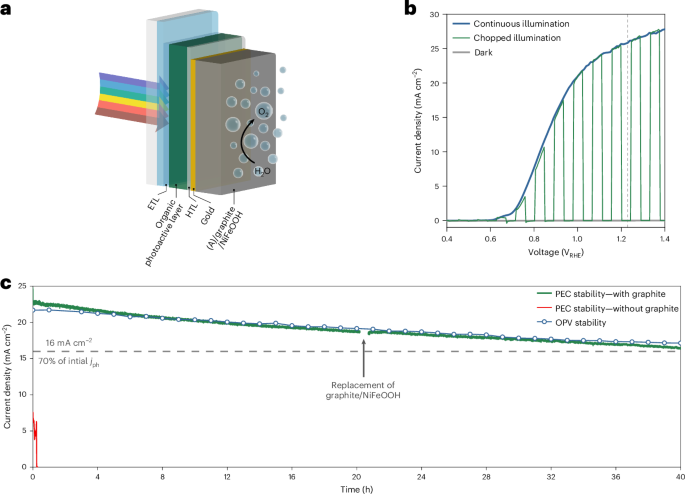























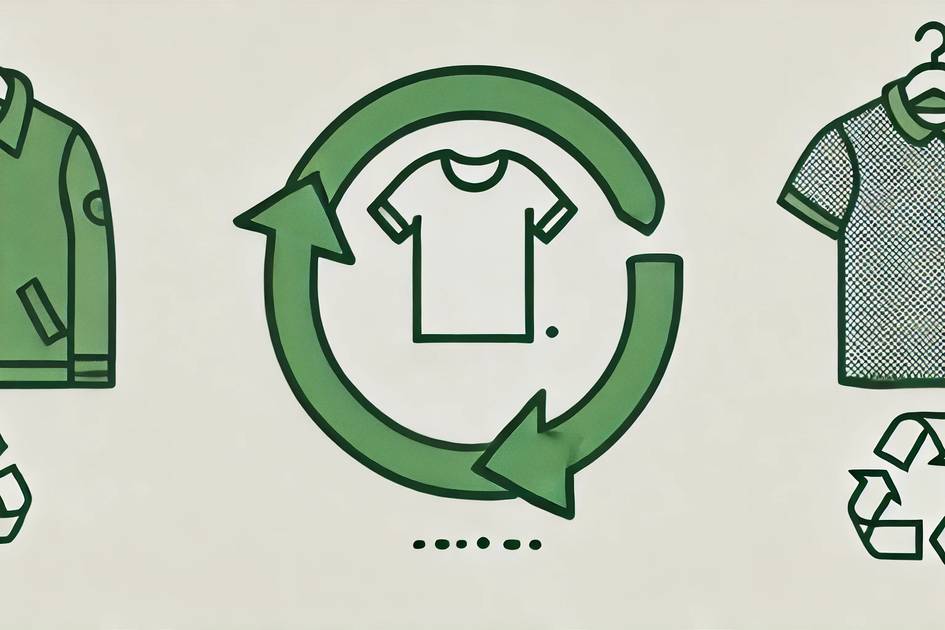











.jpg)








